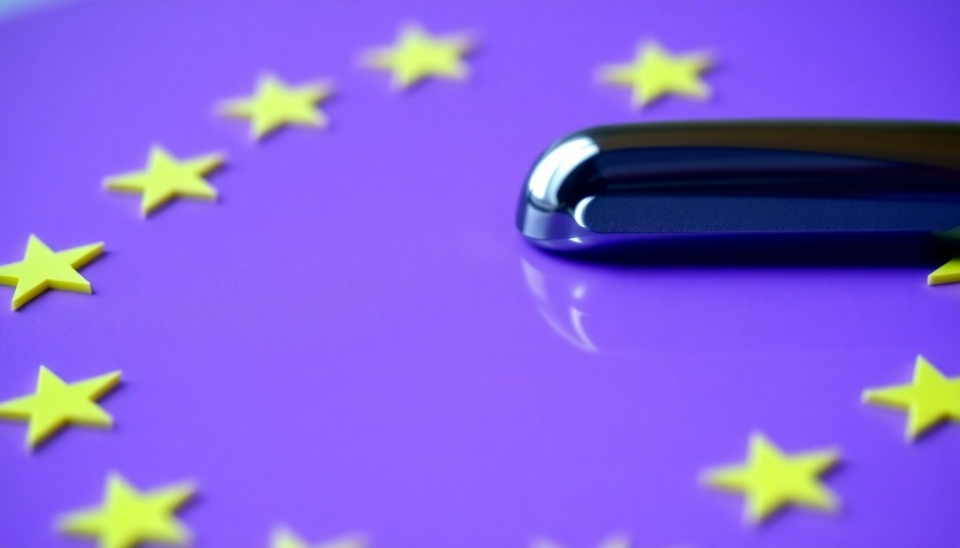
The European Union (EU) has reaffirmed its commitment to implementing stringent regulations on technology companies, asserting that it will not shy away from taking decisive action even if it risks backlash from the United States. The remarks were made by Spain’s Minister for Digitalization and Artificial Intelligence, Ribera, amidst increasing tensions between the two economic powerhouses on the subject of technology governance.
Ribera emphasized the EU’s role as a leading global standard setter and highlighted the necessity for robust regulations that prioritize user privacy, data security, and the ethical use of artificial intelligence (AI). This assertion comes at a time when multiple tech giants are under scrutiny for their business practices, data handling, and the societal impacts of their technologies.
The minister’s comments signal a clear departure from the notion that EU policymakers should temper regulatory initiatives to maintain favorable relations with the US. Instead, Ribera and other EU officials believe that adopting a proactive regulatory stance is vital for protecting European citizens and establishing a coherent digital environment within the region. The EU aims to bolster digital sovereignty by placing greater control over technology within its borders, marking a move towards greater independence from external influences.
Ribera also addressed the importance of international cooperation in creating a balanced regulatory framework, suggesting that while the EU will spearhead its regulatory agenda, it is open to collaborative dialogue with allies, including the US. However, the core message is clear: protecting European interests and citizen data is paramount, even if that means facing potential discontent from US tech stakeholders.
This regulatory approach has already resulted in key legislative moves from the EU, such as the Digital Services Act and the Digital Markets Act, which aim to create safer online spaces and foster fair competition among digital platforms. Ribera asserted that these acts are not only about regulation but also about encouraging innovation in a secure environment.
As discussions on technology governance continue globally, the EU’s firm stance is poised to set the tone for future digital economy interactions. With Ribera at the forefront, the EU is charting a course that could reshape international tech standards, with potentially significant implications for companies operating in both regions.
The minister's remarks underscore a growing sentiment within the EU to prioritize local regulations that reflect the values and expectations of its citizens over the market pressures exerted by larger tech entities from abroad. As the landscape evolves, compliance with these regulations will be crucial for all tech companies wishing to operate within the European market.
In conclusion, the EU is sending a strong message about its unyielding commitment to tech regulations, making it clear that it will not be deterred by potential backlash from its transatlantic counterpart. The coming months will likely reveal how this regulatory framework will influence both EU and US tech industries, as well as the broader global tech landscape.
#EUTechRegulations #DigitalSovereignty #ArtificialIntelligence #DataPrivacy #TechGovernance #Ribera #DigitalServicesAct #Innovation #USRelations
Author: John Miller




